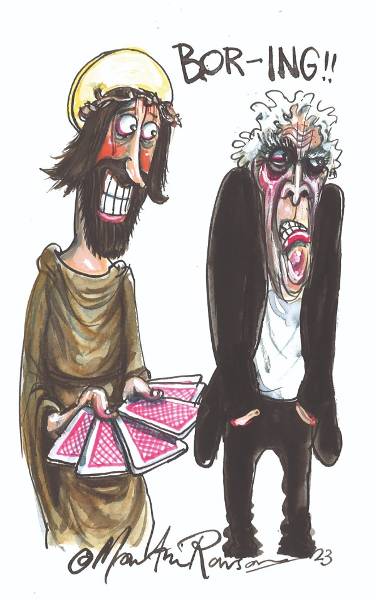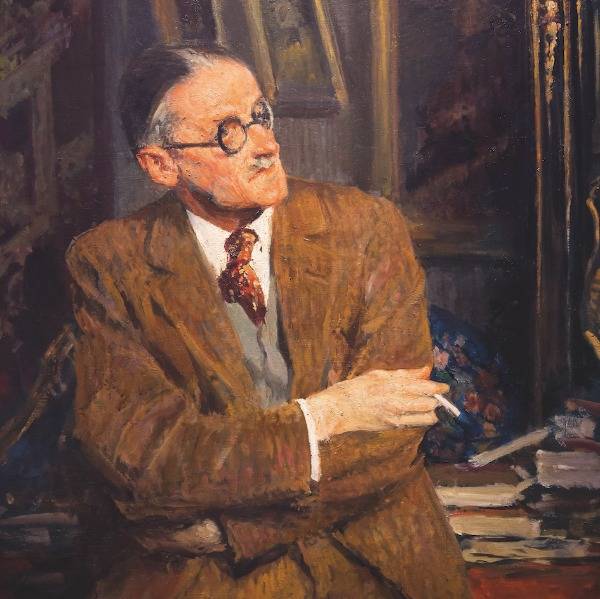This article appears in the Witness section of the Autumn 2016 issue of the New Humanist, along with other pieces examining the impact of the Brexit vote. Subscribe today.
Humanists have always been at the forefront of fighting for the “open society” (the concept was developed by humanists). As the UK undergoes a prolonged period of national reorientation, the British Humanist Association – of which I am chief executive – will continue to fight for the progress we have made in human rights and equality to be maintained.
The idea of redrawing the constitution may whet the appetites of many humanists. It teases the hope of a new UK constitution affirming equal rights for all citizens regardless of religion or belief. But the political mood in Britain is not exactly ripe for disestablishment, and our current government could not be further away from wanting this. If anything, we are more likely to see a resurgence of the Christian right in Britain of the kind once represented by Mary Whitehouse. There will undoubtedly be many on the religious right, and indeed within the Church of England, who will instead see this as an opportunity to solidify their vision of a “Christian country”. We must continue to challenge such divisiveness.
On a number of issues, such as assisted dying, the outsourcing of public services to religious organisations, and our opposition to faith schools – where it typically falls to humanists to act as a voice for the public – it could be harder to stoke political engagement. We have majorities of public opinion on our side in these issues, but politicians feel little incentive to upset religious stakeholders. They have even less incentive to stick their necks out now.
Leaving the EU will directly impact humanist causes in the rest of Europe. In the European Parliament, humanists regularly face off against religious fundamentalists. The absence of UK MEPs, who are by and large supportive of women’s and LGBT rights in the continent and in parts of the world where the EU does business, will be sorely felt by those opposing the anti-choice lobby, particularly influential among Eastern European and far right MEPs.
We have our work cut out for us, but there is hope. The UK becomes less and less religious every year: the non-religious outnumber Christians. These people categorise themselves in varied ways, but on the whole they are supportive of the causes we champion. This leaves our movement in a very healthy shape, with plenty of promise to bring about real social change.

